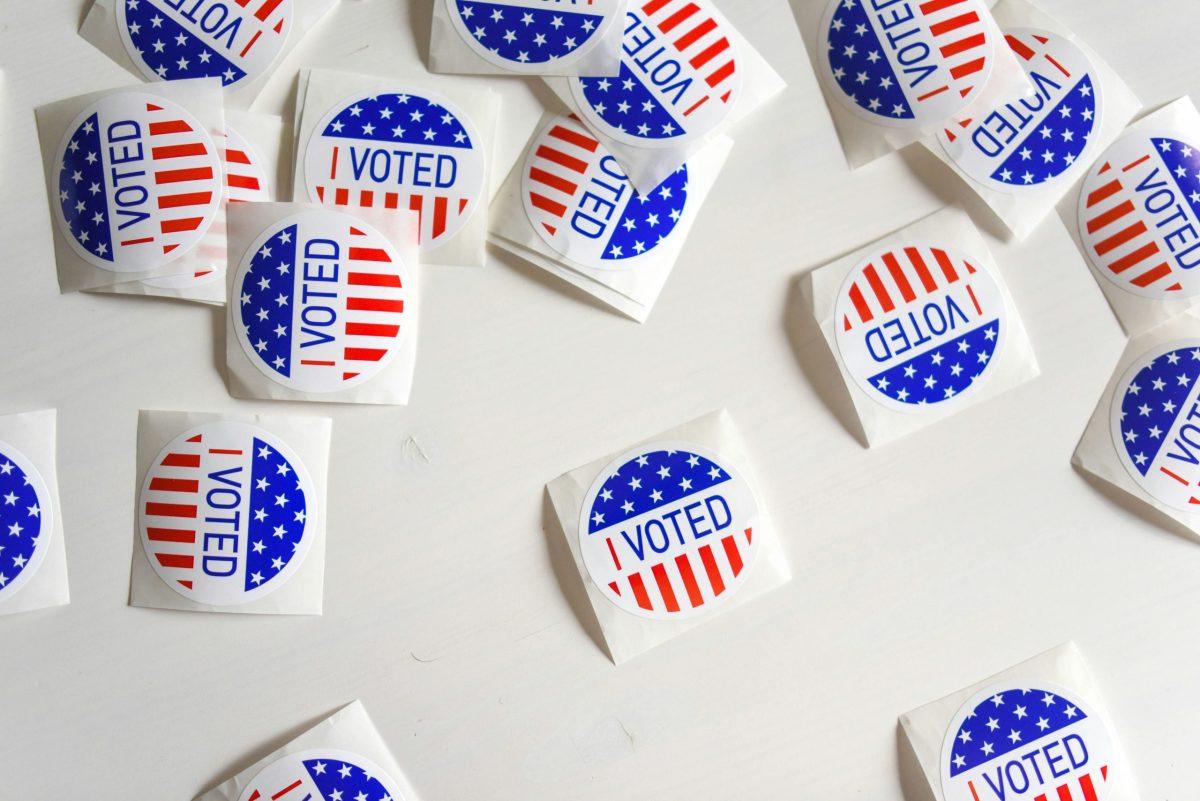As a frequent listener of political podcasts, I’ve noticed that most episodes regarding the 2024 presidential election illustrate the same trend: voters are frustrated by the prospective candidates. They’re hesitant about Biden’s age, Trump’s conduct and, most of all, reliving the 2020 presidential showdown. This reluctance to support either candidate has steered people in various directions: to vote for the person they hate less, to back third-party candidates and even to abstain from voting at all. I believe that the latter two options are a mistake for Democrats. This is not the election to try and dismantle the two-party system in America, nor is it an opportunity to demonstrate categorical morality by not voting when many freedoms, such as the ability to receive gender-affirming care or to have education that teaches critical race theory and gender ideology are at stake. Americans are tired of hearing about the state of our government, but it is important to remain civically engaged and aware during times of turmoil and change.
Some Democrats are unhappy with Biden because of his economic policies, while others believe that he’s too old to serve another term. A more recent issue that has turned the tide against Biden is his approach to the war in Gaza. Opponents of his foreign policy started a movement to vote “uncommitted” or “no preference” during the presidential primaries. With this, it is important to note that voting uncommitted in a primary is significantly different from abstaining in a general election. Because Biden ran virtually unopposed for the Democratic ticket, choosing no preference only served to send him a message that people are not happy with how he has chosen to handle the conflict in Gaza. However, it did not put his nomination at risk. Not voting for him in the general election does boost Trump’s chances of winning office, though there are other considerations, such as whether the voter’s state is blue, red, or a battleground.
In a typical election, the decision to not vote in Biden’s favor might stand alone — meaning, perhaps its effects wouldn’t spread past the decision to not vote. In this upcoming election, however, Biden is already entering at a disadvantage. There are two reasons for this: first, Biden is losing critical groups across America — groups that arguably helped him win the 2020 election. According to two New York Times articles, Biden is losing Black, Hispanic, and young voters because of issues like inflation, his age, and the war in Gaza. Notable swing states this year include Georgia, Arizona and Nevada, all of which have sizable Black or Hispanic populations. If Biden loses these groups of voters and their states, the election could end with Trump’s victory.
Second, Biden’s position as the incumbent is not helping his campaign. Usually, incumbency is a huge advantage because people vote for the names they know. However, with Biden in office, people are quick to blame him for present problems. Americans have always worried about inflation, though now more than ever due to the lingering effects of the pandemic. Even though inflation rates have cooled significantly from December 2022 to December 2023, Americans still believe that inflation is a significant problem that Biden is unable to control. It doesn’t help that at an NRA gathering in early 2024, Trump promised to reduce prices and energy costs by 50 percent in his first year in office.
This is all to say that Biden is clearly in an unfavorable position heading into this election, so every vote against him — whether it is for Trump, another candidate, or no one — will only help Trump succeed. If Americans want to look to the future, meaning Trump’s promises, there are many policies to consider. Circling back to Biden’s approach to Gaza, Trump is on record stating that Israeli forces have got to “finish the problem.” Trump also wants to end delays for federal oil drilling permits, cut support for gender-affirming care and more. Voters must understand the goals of both sides before making decisions.
On Super Tuesday, I drove home to Boston with the singular goal of casting my vote in the primary. It was my first time voting, as I had just turned 18 last August. But I knew that this wasn’t a normal election. There is a lot at stake, and people need to understand that this election is just as crucial as the 2020 election. It is certainly discouraging to see the choice of candidates, but ultimately, to vote is to weigh the options to determine what kind of future we want.




